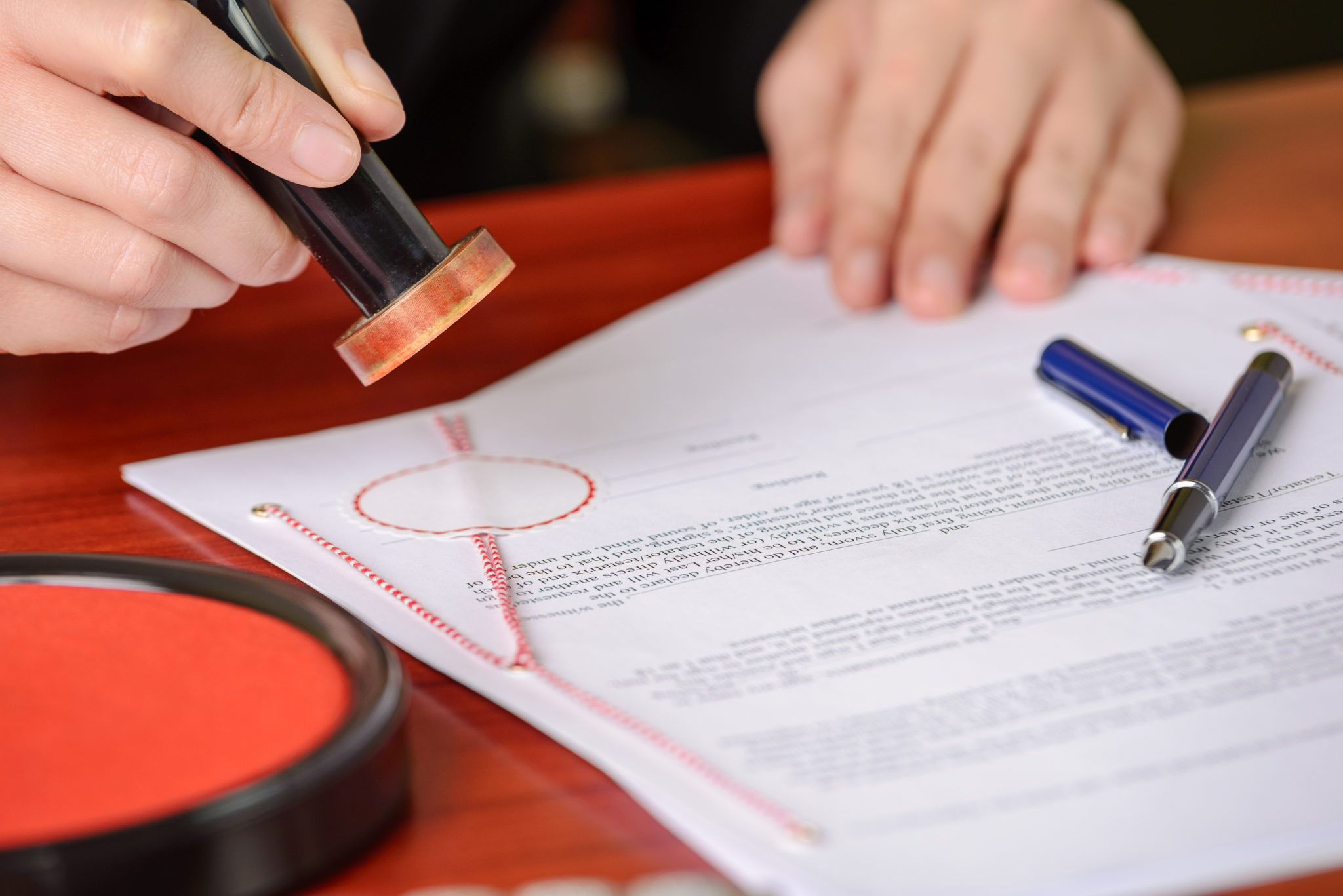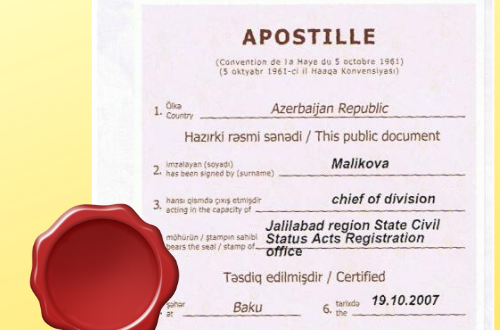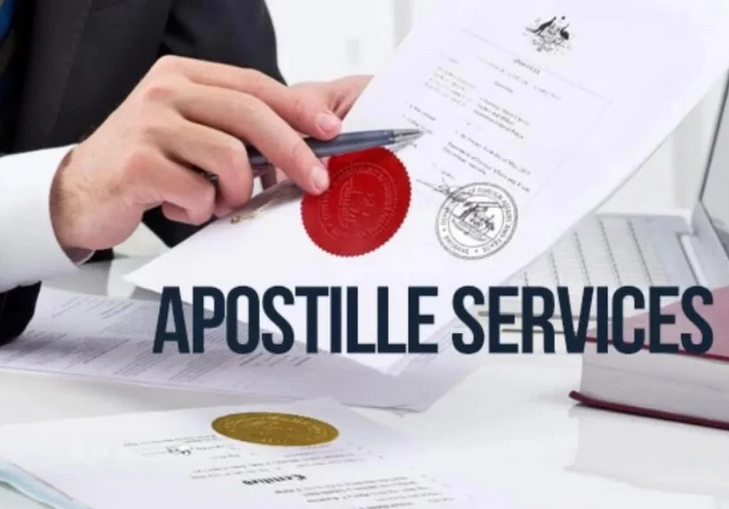Streamlined Apostille Process in Houston TX
Exploring the Factors Behind the Mandatory Requirement of Apostille Certification for Legal Papers
In the world of lawful documents, the required need of apostille qualification has actually come to be an essential aspect that significantly impacts the validity and acknowledgment of lawful papers on a global range. Recognizing the rationale behind this need entails delving right into the detailed internet of legal complexities, historic criteria, and worldwide agreements that underscore the relevance of apostille qualification in today's interconnected world. By exploring the underlying factors behind this prevalent demand, a clearer photo emerges of why this apparently administrative process holds such immense value for organizations, people, and federal governments alike.
Historical Advancement of Apostille Accreditation
Exactly how did the principle of apostille certification progress over time to come to be an important component of global document validation? The requirement for a streamlined approach of validating files for use throughout boundaries came to be apparent as international trade and travel boosted.
Originally adopted by a few European nations, the Apostille Convention gradually acquired worldwide approval because of its performance and performance in validating the legitimacy of official papers. Over the years, the convention's reach expanded as more countries joined, recognizing the apostille as a widely approved type of paper authentication. Today, apostille qualification has actually become a conventional demand for verifying legal papers in international transactions, guaranteeing smooth communication and legal process in between countries.
Simplifying International File Legalisation
The streamlining of global file legalisation treatments has dramatically enhanced effectiveness in cross-border transactions. Streamlining the procedure of legalizing files for worldwide usage has ended up being critical in helping with swift and smooth purchases between countries. One of the crucial devices that have added to this simplification is the adoption of the Apostille Convention, which supplies a standard approach for verifying the authenticity of papers throughout getting involved nations.
By sticking to the Apostille needs, nations consent to recognize each other's public files as valid without the requirement for additional legalisation. This removes the extensive and often cumbersome procedure of several verifications by different authorities, saving time and resources for companies and individuals participated in international activities.

Making Sure File Authenticity and Legitimacy
To make certain the credibility and validity of legal records in worldwide transactions, stringent confirmation procedures are essential - Houston Apostille. Lawful documents play an important role in cross-border ventures, and guaranteeing their legitimacy is extremely important to maintain the integrity of such purchases. By needing apostille certification for lawful papers, authorities intend to validate the origin of records and confirm the trademarks of individuals involved. This procedure helps stop fraud, misstatement, and other negligences that could threaten legal process or international contracts.
Moreover, confirming the credibility of lawful files with apostille qualification enhances depend on and self-confidence among parties participating in global deals. It gives assurance that the files provided are real and legitimately binding, thus reducing the dangers connected with illegal tasks. Additionally, guaranteeing paper legitimacy via apostille certification simplifies the legalization process, making it much more trusted and efficient for individuals and organizations conducting business across borders. Ultimately, by upholding strict verification criteria, apostille qualification adds to an extra safe and secure and clear worldwide legal framework.

Facilitating Cross-Border Legal Recognition
In the realm of worldwide transactions, the apostille accreditation not just view publisher site guarantees the credibility and credibility of legal files yet additionally plays a crucial duty in promoting cross-border lawful acknowledgment (Houston Apostille). When legal papers birth an apostille certification, they are readily approved by international authorities without the requirement for further confirmation. This streamlined process quickens the recognition of documents in various countries, promoting performance and decreasing bureaucratic difficulties in legal issues that transcend nationwide limits
Helping with cross-border lawful recognition via apostille accreditation fosters trust fund and confidence in the credibility of files traded between nations. This recognition is specifically important in scenarios such as worldwide business deals, adoption processes, or lawful proceedings entailing parties from various jurisdictions. By adhering to the criteria stated by the Apostille Convention, countries concur to honor the apostille seals fastened to documents from various other participant countries, therefore streamlining the process of legal acknowledgment across borders. Eventually, the apostille certification works as a basic device in promoting smooth global legal collaboration and making sure the smooth operation of cross-border deals.
Compliance With International Treaty Standards
Conformity with worldwide treaty standards is important for guaranteeing the uniform application of lawful guidelines across participating why not check here nations. The Apostille Convention, developed in 1961, details the requirements for the approval of public records among member nations.
The Apostille accreditation, as mandated by the treaty, serves as a warranty of credibility for documents such as birth certifications, marriage licenses, court judgments, and notarized deeds. This standard method helps protect against scams and ensures that lawful papers stemming from one member nation are easily approved in one more. By complying with global treaty standards, countries demonstrate their dedication to supporting the concepts of transparency, depend on, and cooperation in legal issues on a global scale.
Verdict

In the realm of legal paperwork, the required requirement of apostille accreditation has actually come to be an essential element that substantially influences the validity and recognition of legal papers on a worldwide range. Today, apostille qualification has actually come to be a standard requirement for verifying legal papers in worldwide deals, making sure smooth interaction and lawful process in between countries.
Additionally, validating the credibility of lawful papers via apostille qualification boosts trust fund and self-confidence amongst celebrations involving in worldwide deals.In the realm of international transactions, the apostille certification not just makes certain the credibility and legitimacy of lawful papers however additionally plays a crucial role in assisting in cross-border legal acknowledgment. By sticking to the criteria set forth by the Apostille Convention, countries agree to honor the apostille seals affixed to documents from various other participant countries, thus streamlining the procedure of legal acknowledgment throughout borders.